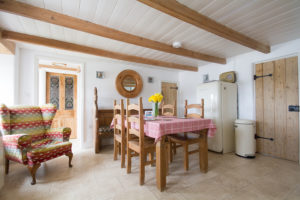 As a holiday home owner there’s so much to think about; from guest safety to website photography and Facebook posts to the internal fixtures and fittings. Or even who’s doing the changeovers and mowing the lawns before those guests roll up the driveway.
As a holiday home owner there’s so much to think about; from guest safety to website photography and Facebook posts to the internal fixtures and fittings. Or even who’s doing the changeovers and mowing the lawns before those guests roll up the driveway.
The good news is that we’re here to help. We talk with holiday homeowners and letting agents every day giving us an insight into many aspects of holiday letting. As a result we’ve put together some of our most useful articles containing holiday letting tips all in one place.
No matter if you’re looking for ideas on how to cut electricity bills or keep the visiting kids safe in the garden, here are some of our top holiday letting tips when it comes to getting the most out of your holiday home this year….
Keeping your guests safe – checks to make before the peak season
You’ll undoubtedly want your guests to have a great time in your cottage and that means that they’ll also need to have a safe time. There are a number of checks and processes you should have in place and these should always be done prior to the busy summer season.
Here are a few checks that you need to tick off the to-do list as a priority:
How to make your cottages dog friendly
There are nearly nine million dog owners in the UK and almost 40% of visitors now want to take their pet with them on holiday. If you’re looking to make the most of this continually growing market or want to fine-tune your cottage to welcome our furry friends then here are some great pointers…
- Marketing your holiday home as dog friendly
- Dog friendly welcome information
- Dog friendly holiday home insurance – is yours?
Engaging with the growing green tourism market
It’s not just a welcoming cottage for our trusted canines that piques potential booking interest, as more and more of us are becoming driven by sourcing eco-friendly accommodation. A whopping 58% of English consumers surveyed by VisitEngland indicated they’d want to stay in green accommodation with awards or environmentally friendly practices. Here’s how to communicate your green credentials and a few ideas to grow them, too…
- How to benefit from the increased demand for green accommodation
- Why building a sustainable holiday letting business is good business
How to make your cottage a haven for families
If you’re welcoming young children into your cottage this year, you’ll need to answer all of the needs that your paying parents arrive with. Here are just a few ideas on how to make your cottage perfect for each family, no matter what the weather….
- Guidance for owners of family friendly holiday letting accommodation
- Keeping your holiday letting guests amused on rainy days
- Bunk bed safety guidance for holiday lets
Keeping children safe on outdoor play equipment
If you’re welcoming children to your cottage then it’s certainly not uncommon to have an outdoor play area for them to enjoy. Ever wondered what you need to do in order to keep them as safe as possible whilst playing on your outdoor equipment? Here’s our guide on everything you should be doing in order to minimise the risks of an accident…
- Guide to outdoor play equipment for holiday cottages
- Trampolines and holiday homes | Link to ROSPA Guidance
- Top trampoline tips for holiday homeowners
How to make a first impression
Your guests will only ever walk into your home for the first time once. It’s therefore vital you achieve that wow factor which will leave a positive lasting impression. Hampers are an easy and popular welcome gift for guests and, if used well, can start someone’s holiday off on the right foot. Here’s how to get the content right whilst also catering for those with allergies and those who like a tipple!
How to get your property photography right
A photo speaks a thousand words, so getting them right is definitely a priority! Here’s our guide to make sure your images are immaculate. Also included are some elements you might not have thought of until your photographer has made his way home!
Increase bookings by promoting your cottage as a destination
Visitors spend 80% of their time outside of your cottage, yet the average cottage website has 80% of its content focussed on what’s inside. Here’s how to promote your destination and experience in order to grab people’s attention and bookings…
Become more energy efficient
Energy bills across the UK risen considerably; by up to 10% this year and for some by more than 30% in the past 30 months. Being energy efficient is becoming increasingly important, not only to prove your eco credentials but also to keep costs down. Here’s a few ideas on how to do just that…
Electric vehicle charging points
The UK is going electric when it comes to cars and the growth continues to be exponential. In 2012 there were just 2,254 electric cars sold in England. Fast forward to 2015 and that figure was hitting 30,000. Last year? Near 60,000 electric plugin cars were sold. If you want to welcome this growing trend of traveller then here’s all you need to know about your electric hook-up point….
- Installing an electric vehicle charging point
- Electric vehicle charging point guidance for holiday let owners
Getting your insurance right
We’ve been working with holiday home owners for more than 30 years and we’re specialists in making sure that cottages across the UK have the insurance in place that they need. For more information on insuring your holiday home or cottage complex please give our experienced team a call on 01237 429 444.

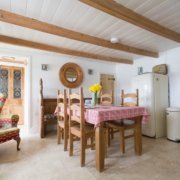

 When it was founded in 2008, very few people could have envisaged how quickly and large Airbnb would grow. It is now home to 31 offices across the world. Airbnb has welcomed more than 400 million guests since its launch and has listings in a staggering 161 countries.
When it was founded in 2008, very few people could have envisaged how quickly and large Airbnb would grow. It is now home to 31 offices across the world. Airbnb has welcomed more than 400 million guests since its launch and has listings in a staggering 161 countries.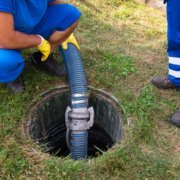
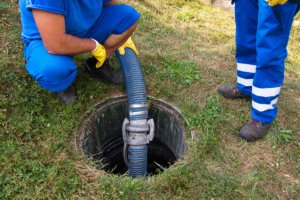 When you think about a
When you think about a 
 Plans to double council tax on holiday homes
Plans to double council tax on holiday homes

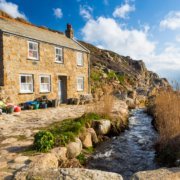
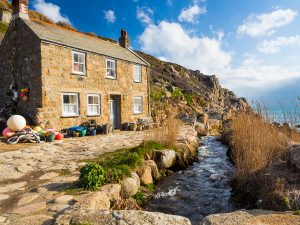 For many, owning a holiday home on the coast is the dream. Albeit at a price, but just how much could that fantasy property cost us? It will come as no surprise that there is often a hefty premium to be paid. Especially when it comes to proximity to the coast. Further still if that proximity extends to a view of it.
For many, owning a holiday home on the coast is the dream. Albeit at a price, but just how much could that fantasy property cost us? It will come as no surprise that there is often a hefty premium to be paid. Especially when it comes to proximity to the coast. Further still if that proximity extends to a view of it.
 As far as stats go 2015 was a great year for UK tourism as a whole. Many accommodation providers across the UK seeing increases in bookings and stays. The good news is that as 2016 came to a close it’s looking like it has lived up to the hype of the previous year with stats now becoming available for August.
As far as stats go 2015 was a great year for UK tourism as a whole. Many accommodation providers across the UK seeing increases in bookings and stays. The good news is that as 2016 came to a close it’s looking like it has lived up to the hype of the previous year with stats now becoming available for August.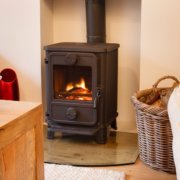
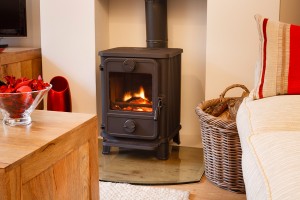
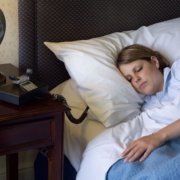
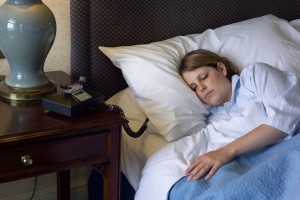 Being awoken in the middle of the night by the loud blast of a fire alarm can be both terrifying and disorientating. There may well be a multitude of things rushing through your mind; is there really a fire or is it a false alarm? Where are the children? Which is the safest route from the building?
Being awoken in the middle of the night by the loud blast of a fire alarm can be both terrifying and disorientating. There may well be a multitude of things rushing through your mind; is there really a fire or is it a false alarm? Where are the children? Which is the safest route from the building?
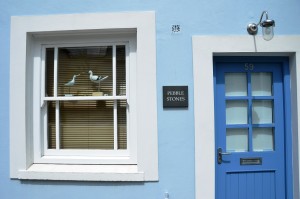 If you’re thinking about buying a holiday home, or already own a second home, there are plenty of benefits to opening your doors to visiting tourists. We take a look at a few of the benefits of holiday letting your second home that await those taking the plunge…
If you’re thinking about buying a holiday home, or already own a second home, there are plenty of benefits to opening your doors to visiting tourists. We take a look at a few of the benefits of holiday letting your second home that await those taking the plunge…